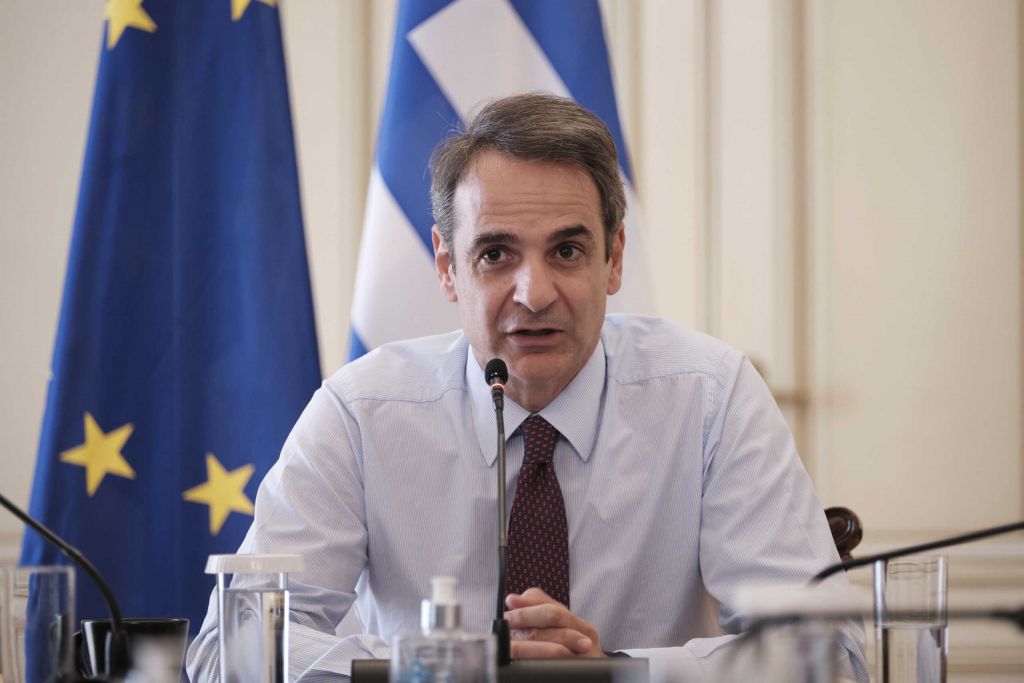Greece recently introduced an initiative restricting social media access for minors under the age of 15. The initiative is part of a national strategy to protect young people from the harmful impact of platforms which have been linked to a rise in dangerous addictive habits and can hinder social maturation and harm their mental health.
Australia Leads the Way with Social Media Age Legislation
Greece has followed in the footsteps of Australia, the first nation to restrict access to social media to young people aged 16 or over to protect them from harm. According to the Australian Ambassador in Athens, Alison Duncan, who spoke to To Vima International Edition, the law passed by the Australian Parliament in November 2024 has not yet come into effect, allowing digital platforms and Australia’s eSafety Commissioner time to develop and implement appropriate systems. The law should, however, be in force by the end of 2025. After that, an independent review conducted within two years of its implementation will assess its effectiveness and identify any necessary changes, Duncan pointed out.
Teen Social Media Addiction on the Rise in Greece
In Greece, studies reveal that 96% of teenagers aged 13 to 17 use social media, with more than a third reporting they are online “almost constantly.” Teenagers spend nearly six and a half hours daily in front of screens, far exceeding the recommended maximum exposure time of two to three hours. Currently, six out of ten of the country’s teenagers are addicted to the internet and social media, while two out of ten isolate themselves from ‘real life’, neglecting their schoolwork and other activities in favor of screen use and experiencing “withdrawal” symptoms when they cannot access it.
Linking Social Media Overuse to the Youth Mental Health Crisis
At the recent World Congress of Psychiatry, the global scientific community highlighted the alarming rise in mental health disorders among young people, which they linked directly to the internet and overexposure to social media. Astonishingly, half of all mental health disorders that manifest in adulthood begin between the ages of 14 and 16.
Psychiatry Professor Antonios Dakanalis, an internationally prominent figure in the field of mental health, told To Vima International Edition that continuous social media use provides ongoing stimuli which impact the user’s brain reward center and can ultimately lead to dependency.
‘Likes’ and other notifications keep teens glued to their screens. “An entire generation is growing up with the motto: If it’s not worth sharing, it’s not worth anything at all,” noted the professor. In fact, social media ‘likes’ have evolved into a kind of digital currency by which young people measure their own and other people’s worth.
The Impact of Social Media on Mental and Physical Health
Studies show that social media is disproportionately harmful to girls, especially those who are mentally vulnerable.
Negative impacts include low self-esteem, distorted body image, harmful eating habits, depression, poor sleep, and social pressure to conform to specific behaviors.
What’s more, teenagers addicted to digital platforms become dysfunctional in other areas including school, sport and social interactions.
Dakanalis stresses that prolonged use has also been linked to an increase in clinically diagnosed ADHD (Attention Deficit Hyperactivity Disorder), social deficits, delayed language development, increased obesity rates, and a heightened risk of developing metabolic syndrome in adulthood.
Limiting Social Media Use: Promising Results
The relentless pursuit of ‘likes’, followers or comments creates a vicious cycle of psychological dependency that is not easily broken. However, when it is, the results can be promising. Studies have shown that teenagers who limited their social media exposure to 30 minutes per day for three weeks experienced a 78% reduction in depressive symptoms.
A private school in Denmark which was the first to implement a ‘no smartphone’ policy in Europe, provides a further example of the positive impacts of limiting smartphones and social media exposure. Although the ban initially left the students, who were aged 12–16, feeling angry and anxious, it ultimately had a significant positive impact on their well-being and the way they interacted both inside and outside the classroom.
Engaging Society in the Discussion
In Greece, concerns have emerged about how society will respond to the restrictions, while the importance of lawmakers engaging with civil groups before introducing new measures has been emphasized.
In Australia, as Duncan highlighted, the government undertook extensive consultations with young people, parents, mental health professionals, legal experts, civil society groups, and industry representatives while drafting the law.
Young people valued social media for its connectivity and creative opportunities, but expressed concerns about its addictive nature and the easy access it provides to harmful content, the ambassador noted, while parents and carers felt they lacked the evidence to make informed decisions about their children’s social media use, as well as feeling overwhelmed by societal pressures.
A survey by Australia’s eSafety Commissioner revealed that 95% of caregivers viewed online safety as the most challenging parenting issue they face. Similarly, a New South Wales state government survey revealed that 87% of respondents supported the introduction of a minimum age for social media use, the ambassador noted.
Balancing Regulation and Access
Australia’s ambassador highlighted that the introduction of legislation stipulating a minimum age for social media use was seen as a way to eliminate ambiguity over the “right time” for children to engage with it, while also fostering a new social norm. Importantly, the law permits continued access to beneficial platforms by exempting messaging apps, games and services primarily designed to support health and education. Importantly, “the law doesn’t contain any penalties for children or their parents,” Duncan emphasizes.
For his part, Dakanalis stressed that he is not in favor of completely banning social media for minors, citing its positive aspects. He clarifies that for children and teenagers, especially those living in remote areas or belonging to minority groups due to ethnicity or disability, accessing these platforms provides connectivity with others who share similar interests and concerns.















